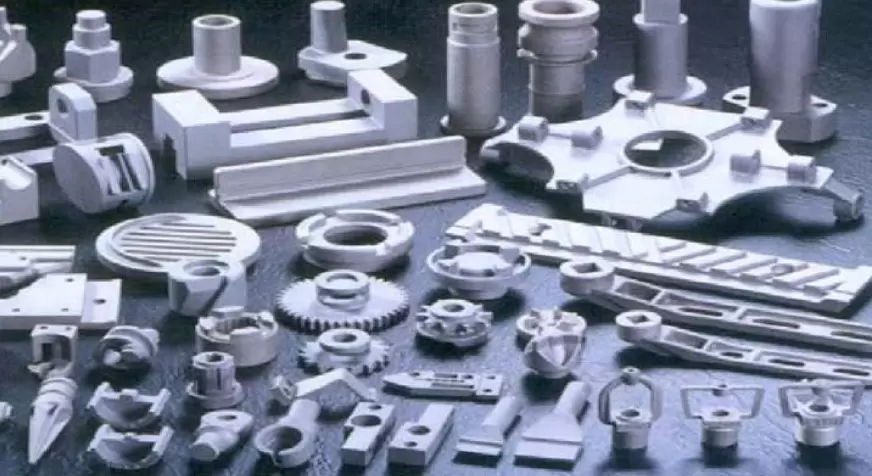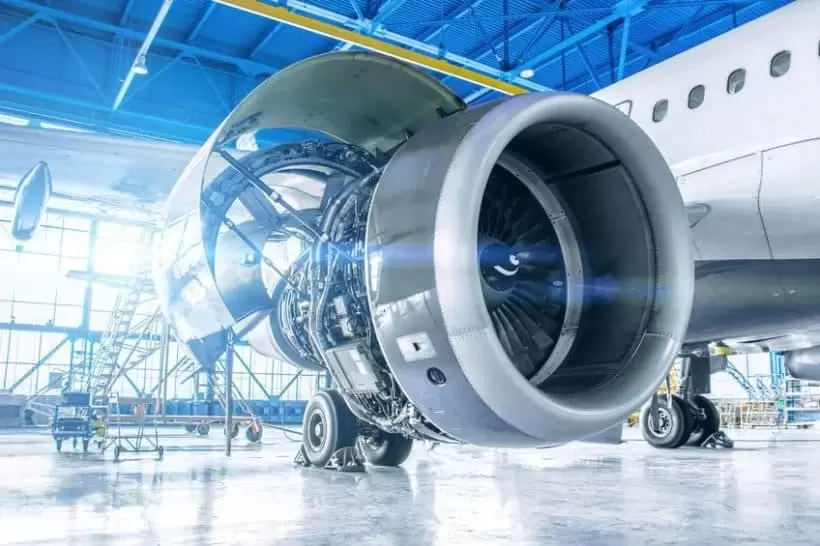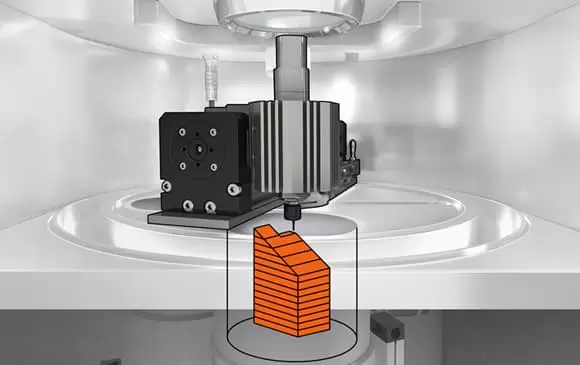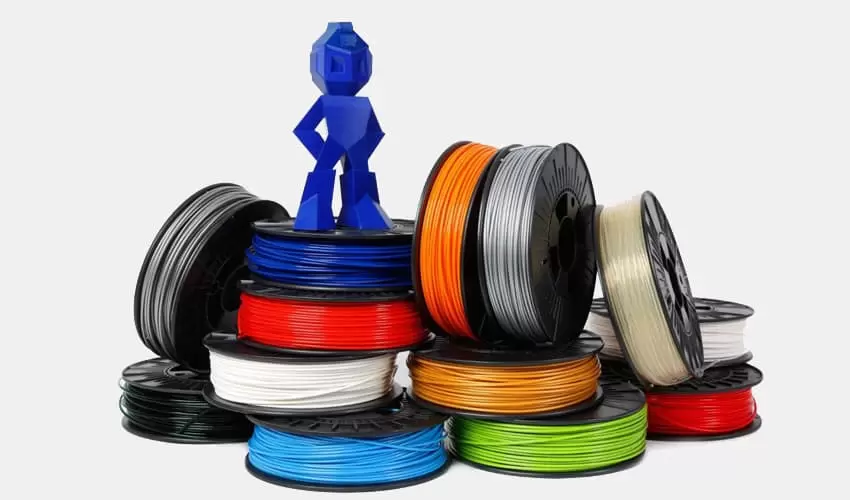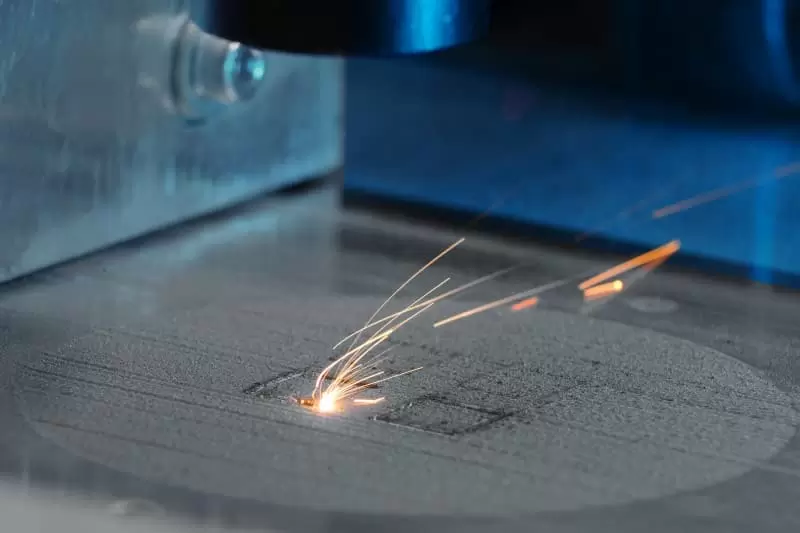This article explores the role of a machine part manufacturer in the manufacturing industry. We will discuss the importance of precision and quality parts in delivering reliable and durable machines. You will learn how machine part manufacturers use different methods to create precise and high-quality parts for various industries.
Table of Contents:
I. Introduction
- Definition of machine part manufacturer
- Overview of machine part manufacturing process
II. Types of Machine Part Manufacturers
- Original Equipment Manufacturer (OEM)
- Custom machine part manufacturer
III. Materials Used for Machine Parts Manufacturing
- Types of materials used for machine parts
- Importance of selecting the right material for the job
IV. Machine Parts Manufacturing Methods
V. Quality Control in Machine Part Manufacturing
- Importance of quality control
- Types of quality control measures
VI. Applications of Machine Parts
- Examples of industries that use machine parts
- Applications of machine parts in various industries
VII. Choosing a Machine Part Manufacturer
- Factors to consider when choosing a machine part manufacturer
- Benefits of working with a reliable machine part manufacturer
VIII. Conclusion
- Future of machine part manufacturing
I. Introduction
A machine part manufacturer is a company that specializes in the production of various machine parts used in different industries. Precision and quality are vital when manufacturing machine parts as they are crucial to the reliability and durability of machines. This article will provide an overview of the machine part manufacturing process, including materials used, manufacturing methods, quality control, and applications in the industry.
II. Types of Machine Part Manufacturers
There are two main types of machine part manufacturers, Original Equipment Manufacturers (OEM) and custom machine part manufacturers. OEMs are manufacturers who produce parts for the machines they produce, while custom manufacturers specialize in creating unique parts for specific customer requirements.
III. Materials Used for Machine Parts Manufacturing
The choice of material for machine manufacturing parts is essential to ensure the durability and reliability of machines. Common materials include metals, such as steel, aluminum, and brass, as well as ceramics, plastics, and composites. The selection of material depends on specific machine requirements like tension, weight, and heat resistance.
IV. Machine Parts Manufacturing Methods
There are several methods of manufacturing machine parts, including CNC machining, casting, injection molding, and 3D printing. CNC machining uses a computer-controlled machine tool to create precise, high-quality metal and plastic parts. Casting method is the process of creating parts using a mold to make molten metal. Injection Molding is a manufacturing technique that involves injecting material into a mold to produce high-quality parts, while 3D printing involves creating parts by adding material layer by layer using additive manufacturing.
V. Quality Control in Machine Part Manufacturing
Quality control is vital in ensuring the quality and reliability of machine parts. It involves inspection and testing of parts to ensure they meet required specifications. Quality control measures include visual inspection, non-destructive testing, and destructive testing.
VI. Applications of Machine Parts
Machine parts have widespread application in various industries including aerospace, automotive, and medical. These parts are used in different aspects of the industry to create reliable and safe machines. For example, medical machines use specialized parts that must meet stringent standards to ensure safety during use.
VII. Choosing a Machine Part Manufacturer
When choosing a machine part manufacturer, reliability, quality, cost, and delivery timeline are among the critical factors to consider. A reliable machine part manufacturer will follow the appropriate procedures and use high-quality materials for producing parts.
VIII. Conclusion
In conclusion, machine part manufacturers play a critical role in designing and manufacturing parts for the machines used in various industries. The choice of materials, manufacturing methods, and quality control measures all contribute to the reliability and durability of the machine parts produced. Industries and organizations must choose a reliable machine part manufacturer to ensure their machines are consistent, reliable, and durable.
- Precision Machine Components:
Precision machine components refer to individual parts or elements that are manufactured to extremely tight tolerances and high accuracy. These components are crucial in various industries where precision, reliability, and performance are paramount. These components are often used in machines and equipment where even minor deviations in dimensions can lead to significant issues in functionality and performance.
Precision machine components can include items such as bearings, gears, shafts, valves, screws, nuts, and other critical parts found in mechanical systems. They are typically machined using advanced manufacturing techniques and equipment to achieve the required level of precision.
- Precision Manufacturing:
Precision manufacturing is a manufacturing process that focuses on producing high-quality products with extremely tight tolerances and precise specifications. The goal of precision manufacturing is to create components and products that meet exacting standards and have consistent, repeatable quality.
Precision manufacturing involves the use of advanced machinery, tools, and techniques to achieve accuracy at microscopic levels. The process requires strict adherence to specifications and precise control over all stages of production, from design to final inspection. Computer Numerical Control (CNC) machines and other automated systems are commonly used in precision manufacturing to ensure accurate and consistent results.
The applications of precision manufacturing are vast and cover industries such as aerospace, automotive, electronics, medical devices, optics, and more. In these industries, the performance and reliability of the final product heavily rely on the precision of individual components and their assembly. Precision manufacturing plays a crucial role in advancing technology, improving efficiency, and ensuring safety in various sectors.
